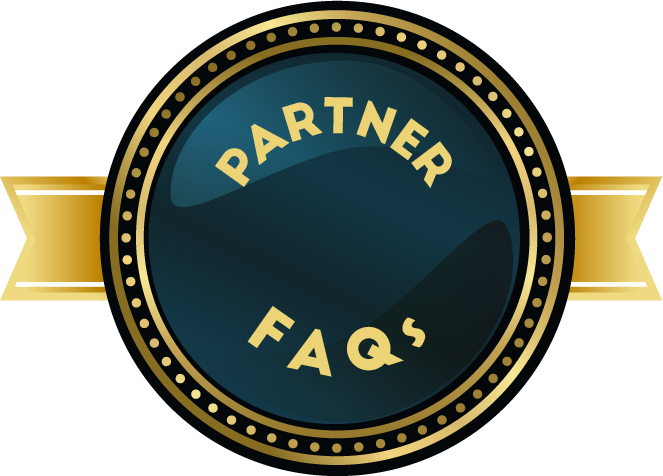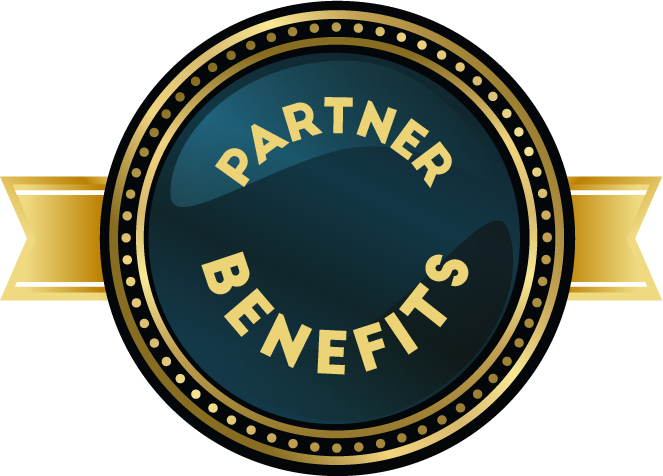be an academic partner

An academic partner can contribute significantly to the projects of the Foundation for Children’s Universal Support by bringing educational expertise and resources to support the foundation’s mission. Some ways in which academic partners can contribute are explained the following sections below.

Conduct research on child welfare issues, child development, or other relevant topics. Share research findings and data analysis with the foundation to inform its projects and initiatives.
Develop and provide educational materials, curricula, or training programs for children, caregivers, and professionals. This can include topics like early childhood education, parenting, and child safety.
Offer training programs for educators, caregivers, and volunteers to enhance their skills in working with children. Provide workshops on effective teaching methods and child psychology.
Establish scholarship programs or provide financial support to children who are in need, enabling them to access quality education and pursue their educational goals.

Share access to academic libraries, textbooks, online courses, or educational tools with children and caregivers to support learning and skill development.
Develop mentorship initiatives where academics and researchers can mentor children or aspiring young academics, nurturing their intellectual growth and curiosity.
Assist the foundation in evaluating the impact of its educational programs, helping to measure and improve outcomes.
Partner with the foundation on research projects or initiatives that focus on child development, education, and welfare.

Create and share educational materials, such as books, articles, or digital resources, that can benefit children and their caregivers.
Provide access to innovative technologies, such as e-learning platforms or educational apps, to enhance the learning experience for children.
Use academic influence to advocate for the importance of education and child welfare in the community and at the policy level.
Facilitate exchanges of teachers, academics, or students to work directly with children and communities, providing fresh perspectives and resources.

Engage with local communities to better understand their educational needs and tailor academic support to address these specific concerns.
Establish partnerships with local schools and educational institutions to ensure that children have access to quality educational opportunities.
Assist the foundation in building its educational capacity, which may include curriculum development, teacher training, and program evaluation.
By leveraging the academic partner’s expertise and resources, the Foundation for Children’s Universal Support can enhance the quality and impact of its educational programs, ultimately benefiting the well-being and future prospects of the children it serves.

Contributing to the projects of the Foundation for Children’s Universal Support can be a mutually beneficial partnership for academic institutions and partners. Listed below are several ways in which academic partners can benefit.
Collaboration with the foundation can provide academic partners with access to real-world data and case studies, enabling them to conduct valuable research in the field of child welfare, education, and development.
Academic research and contributions to the foundation's projects can lead to publications and academic recognition, enhancing the reputation of the academic partner and its faculty members.
Involvement in projects with the foundation can offer students unique experiential learning opportunities, internships, and research projects, enriching their educational experience.
Academic partners can connect with a diverse range of professionals, practitioners, and community leaders, leading to potential collaborations and research partnerships beyond the foundation.

Many academic institutions have a strong commitment to social responsibility and community engagement. Partnering with the foundation allows them to fulfill these objectives.
Academic partners can incorporate real-world projects, case studies, and practical experiences into their curricula, making education more relevant and beneficial for students.
In some cases, academic partners may have access to grants or funding opportunities specifically for projects related to child welfare and education.
Collaboration with the foundation can inspire innovative solutions and approaches to addressing child welfare and educational challenges, which can be incorporated into academic research and teaching.
Overall, the collaboration between volunteers and the Foundation for Children’s Universal Support can be mutually beneficial, leading to a stronger, more effective organization and a more enriched, purpose-driven experience for volunteers.

Partnering with a respected and established foundation in the child welfare sector can enhance the reputation of the academic institution as a socially responsible and community-oriented organization.
Working with the foundation may provide academic partners with access to diverse and underserved populations, allowing for cross-cultural research and engagement.
Academic partners can benefit from the feedback and evaluation mechanisms established by the foundation, allowing them to assess the impact of their contributions and make necessary adjustments to improve their offerings.
Academic institutions and their faculty members can derive personal satisfaction from contributing to projects that make a tangible and positive impact on the lives of children in need.

Overall, partnering with the Foundation for Children’s Universal Support can offer academic institutions and partners an avenue to align their educational and research goals with meaningful social impact, fostering a sense of purpose, expanding opportunities, and enhancing their reputation within the academic community and beyond.
